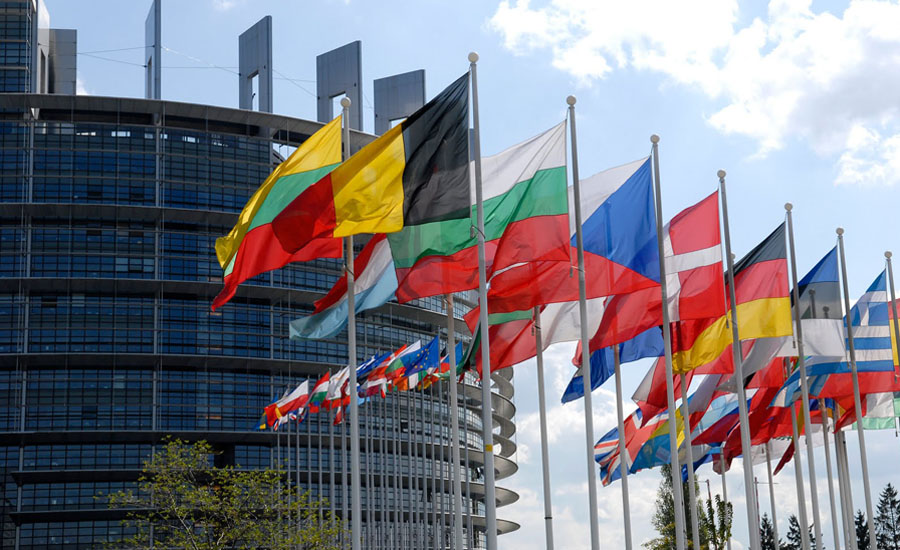Source: The European Trade Union Institute (ETUI)
The emergence of a 'new world of work' interferes with traditional forms of work organisation. There is an underlying risk for the workers' movement to lose control on matters as crucial as working hours and working arrangements. Are traditional collective bargaining systems still the proper tool for regulating the new world of work? From a trade union perspective, it was clearly one of the most challenging questions on the agenda at the ETUI conference 'Shaping the new world of work', held in Brussels in June.
‘Digitalisation is directly linked to the process of capitalist rationalisation. The main drivers are not to make workers happy or to improve their working conditions, but to reduce costs and to maximise profits,’ said Thorsten Schulten in his introduction to a panel discussion on the topic that included other experts and representatives of employers' and workers' organisations.
The determined words of the Hans-Böckler-Foundation researcher about the ‘nature’ of digitalisation clearly set out the panel’s framework. His fellow discussant Anna Ilsøe, professor at the University of Copenhagen, also emphasized the necessity to overcome ‘naivety’ when negotiating with the key players of the digital economy.
While employers see digitalisation as an opportunity to remove any kind of regulation, unions defend time sovereignty, minimum remuneration, the strengthening of co-determination and collective agreements on training, and many other issues.
Schulten emphasised that the central aim is to ensure a political framework that reinforces, develops and extends collective bargaining in digitalisation. The challenge is not only to adapt the content of agreements to new forms of work, but also to extend their coverage to the growing population of workers that are not employees in the legal sense but are rather outside of the bargaining system, such as crowdworkers, the self-employed and freelancers.
Ilsøe, who recently carried out research on the digitalisation of services, singled out some innovative framework agreements on digitalisation at the workplace that were negotiated in Denmark at the municipal level.
Benoit Gérits, Deputy General Secretary of industriAll European Trade Union, called for reregulation to counter the strategy of the individualisation of working relations that was designed by 'free riders' operating in the digital world. who want to make corporate responsibility a thing of the past.







